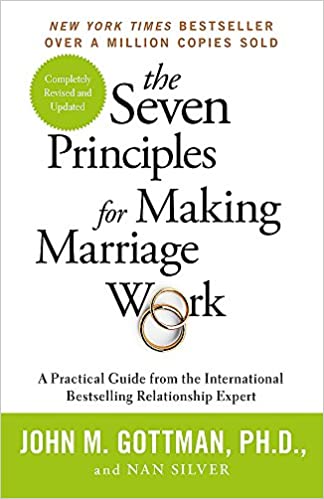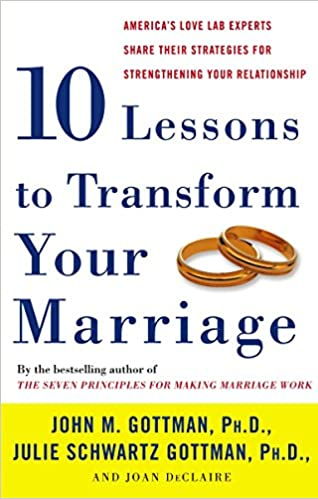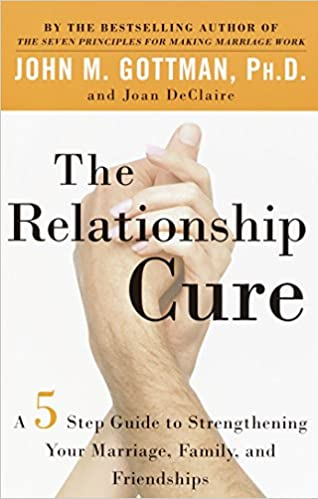What Is Communication In A Relationship?
Sending information from one person or location to another is the general definition of communication. In partnerships, communication is crucial since it enables you to comprehend your partner’s emotions. Healthy communication is the effective exchange of ideas and emotions between two people in a partnership. Additionally, it promotes emotional closeness between the two.
Usually, honest expressions and active listening are necessary for healthy conversation. It is frowned upon to interrupt another person’s speech. Speak just after they have finished speaking. It also involves courteous body language, eye contact, and facial emotions. You listen to them, comprehend them, accept their ideas, and work together to discover answers. These demonstrate your commitment to the discussion and desire to foster positive communication in relationships.
Why is Communication Important In A Relationship?
A relationship’s blood and bone can be formed by good communication. In many ways, it aids in relationship maintenance. On the other hand, a lack of communication could cause you to question a connection. Therefore, communication in a relationship is important because:
-
It Builds Trust
Excellent communication lets people express their feelings to their partner. Both parties demonstrate their genuine emotions to each other. It fosters trust since you can turn to one another for anything. Both of you are aware that you won’t push the other away. They can be more open to attack because of this. Any relationship benefits from being vulnerable and having the guts to reveal it.
-
It Increases Intimacy
Enhanced communication abilities will teach partners how to listen actively in interactions. Additionally, effective communication fosters mutual empathy and emotional closeness. People can tell you value their opinions when you display these talents. It encourages your partner to respect your motives. They express their emotions honestly as a result, and emotional intimacy develops.
-
Avoids Misunderstandings in Conflict Resolution
Whether in a love or friendly relationship, arguments are common. However, excessive or insufficient fighting is a warning sign. Both of them reflect a deficiency in or inadequate communication. If disagreements always arise, it is clear that a consensus is never reached. If there isn’t a conflict, both of them keep the complex information to themselves. Excellent communication also aids in understanding others’ emotions. There is no room for interpretation or conjecture, which always leads to misconceptions. As a result, the other person will only infer something or make assumptions even when you say exactly what you mean. People feel confident in all talks since there is no dodging of questions.
Types Of Communication Important in a Relationship?
There are already seconds of communication between the moment you see someone and the moment you talk with them. A healthy relationship is established and maintained by the five different types of communication: nonverbal, verbal, auditory, emotional and visual. Visual communication entails seeing another person, focusing your attention on them, and becoming aware of their presence. Auditory communication is listening, through which one is more likely to notice emotional communication. Since emotional communication enables people to convey emotions like love, laughing, rage, despair, and amazement, it is crucial to starting and developing a relationship.
Using language in sentences, phrases, and conversations is known as verbal communication. If you pay close attention, you can utilize words in your discussion, sentences, and phrases to make the other person feel better and improve communication. The tone of voice, pauses, speech rate, facial emotions, bodily positions (such as crossed arms), and even walking away are examples of non-verbal communication. Nonverbal clues influence understanding verbal and nonverbal communication between individuals in a relationship.
How To Improve Communication In A Relationship
Effective communication can mean the difference between cooperative and instructive talk and a contentious and anxiety-inducing debate, whether in a professional or personal setting. In the long run, effective communication can deepen and enhance a connection that would otherwise be harmed or destroyed by ineffective communication. Here are five ways to improve communication in a relationship.
-
Pay Attention to Non-verbal Cues
Nonverbal cues are essential to communication and can be used to understand a person’s feelings and intentions. Attention to nonverbal cues can help you better understand the people you interact with and build stronger relationships.
-
Avoid Interrupting and Listen More
Listening is an essential skill in any conversation. It helps to build trust, strengthen relationships, and show respect. Unfortunately, many of us are guilty of interrupting conversations without realizing it. Interrupting can be seen as rude and disrespectful, and it can also lead to misunderstandings and miscommunication. By avoiding interrupting conversations and instead actively listening more, we can create a better understanding between people. We should stop and think before speaking to ensure we get all the essential information or points of view that others may have. Listening more also allows us to gain a better perspective on the situation, which can help us make better decisions in the future.
-
Be Clear and Concise When Expressing Your Feelings
Expressing your feelings can be complicated and confusing, but it is important to be clear and concise when communicating your emotions so that the other person can understand you better. Being clear and concise will help you to express yourself in a way that is more likely to be heard and understood by the other person. It also helps to avoid misunderstandings or hurt feelings. Knowing how to clearly and concisely express your feelings will help you build stronger relationships with those around you and help you manage any conflicts that may arise.
-
Practice Good Conflict-Resolution Skills
Good conflict resolution skills can help resolve conflicts quickly and effectively while helping build better relationships between colleagues. Practicing good conflict resolution skills involves understanding the root cause of the conflict, identifying potential solutions, communicating effectively with all parties involved, and finding a mutually agreeable outcome. It also involves recognizing when it is best to seek outside help or mediation to ensure that all parties are heard and respected. With practice, these skills can be developed over time and will help create a more effective work environment.
-
Set Aside Time for Conversation
It can be challenging to find time for meaningful conversations in today’s fast-paced world. But when we try to set aside time for conversation, it can hugely impact our relationships and overall well-being. Conversation allows us to share ideas, express ourselves, and learn from one another. It also helps build trust and understanding between two people. Setting aside time for conversation can create an environment conducive to meaningful dialogue and connection.



